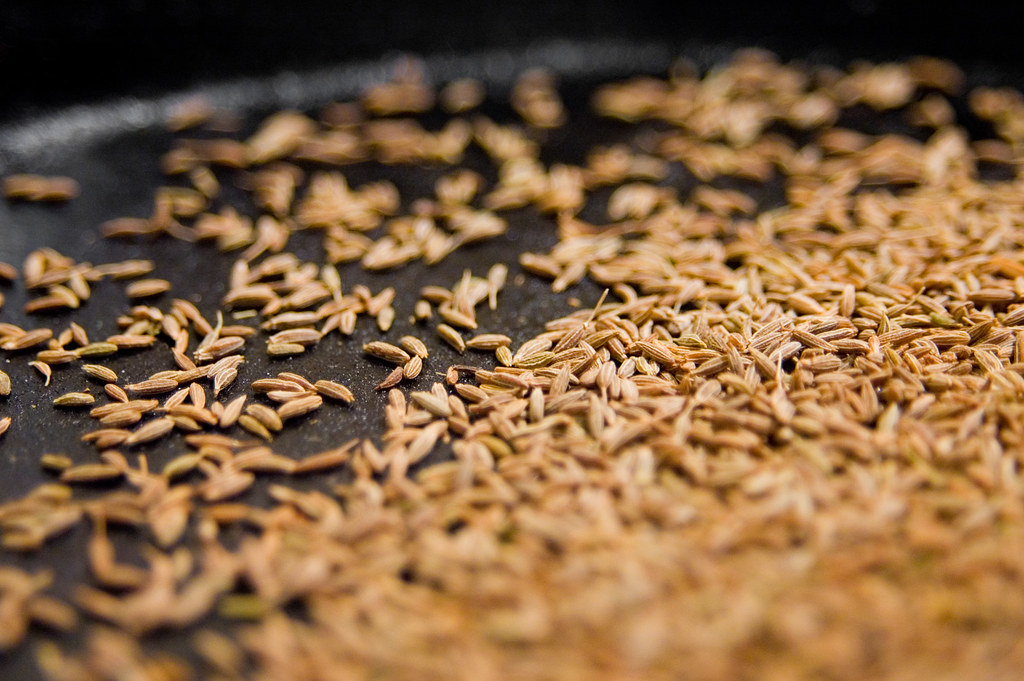
Kombucha, a fermented tea beverage, has been gaining popularity due to its potential health benefits, particularly for gut health. This post will delve into the best kombucha brands for gut health, how kombucha aids digestion, and its effects on an upset stomach.
What is Kombucha and How Does it Benefit Gut Health?
Kombucha is a fermented tea that contains a symbiotic culture of bacteria and yeast (SCOBY). The fermentation process results in a beverage rich in probiotics, which are beneficial bacteria that play a crucial role in maintaining gut health.
Probiotics in kombucha can help balance the gut microbiota, leading to improved digestion, enhanced immune function, and better mood regulation. Some studies suggest that a diet high in fiber and probiotic-rich products like kombucha may help promote a healthy gut microbiome.
Best Kombucha Brands for Gut Health
While there are many kombucha brands on the market, some stand out for their focus on gut health:
- Health-Ade Organic Kombucha: Known for its organic and raw kombucha, Health-Ade offers a variety of flavors, all brewed with gut health in mind. The Ginger-Lemon flavor is particularly popular.
- GT’s Living Foods Kombucha: GT’s kombucha is raw, organic, and packed with probiotics. Their Gingerade flavor is a great option for those looking to soothe an upset stomach.
- KeVita Master Brew Kombucha: KeVita’s kombucha is known for its bold flavors and live probiotics, making it a good choice for gut health.
- Remedy Kombucha: Remedy Kombucha is praised for its great taste, organic certification, and high content of probiotic yeast and bacterial cultures. It’s an excellent all-around choice, and it’s completely sugar-free!
- Brew Dr. Organic Kombucha: This brand is a favorite among nutritionists. Their Uplift Caffeinated flavor, made with a blend of yerba mate and green tea, is particularly popular.
Remember, the best kombucha for you will depend on your personal taste preferences and health needs. Always check the label to ensure the kombucha is unpasteurized, as the pasteurization process can kill beneficial bacteria.
Making Kombucha at Home for Optimal Gut Health
If you’re a fan of DIY projects and want to ensure your kombucha is tailored to your taste and health needs, making kombucha at home can be a rewarding experience. Here’s a simple guide to get you started:
Ingredients:
- 1 SCOBY (Symbiotic Culture of Bacteria and Yeast)
- 1 cup of sugar
- 8 bags of tea (black or green tea works best)
- 1 gallon of purified water
- 2 cups of starter tea (from a previous batch or store-bought raw, unflavored kombucha)
Instructions:
- Prepare the Tea Base: Bring the water to a boil. Remove from heat and stir in the sugar until it dissolves. Drop in the tea bags and allow it to steep until the water has cooled.
- Add the SCOBY: Once the tea is cool, remove the tea bags or strain out the loose tea. Stir in the starter tea. Transfer the mixture to a glass jar and gently add the SCOBY.
- Ferment: Cover the jar with a tight-weave towel or coffee filter and secure with a rubber band. Allow the mixture to sit undisturbed at room temperature, out of direct sunlight, for 7-30 days, or to taste. The longer the kombucha ferments, the less sweet and more vinegary it will taste.
- Bottle: After fermentation, remove the SCOBY and save it for your next batch. Pour the kombucha into bottles, leaving about a half-inch of headspace in each bottle. Optionally, you can add flavorings like ginger or fruit juice at this stage.
- Second Fermentation: Store the bottled kombucha at room temperature out of direct sunlight and let it ferment for another 1-3 days. This second fermentation period allows the kombucha to naturally carbonate.
- Refrigerate and Enjoy: After the second fermentation, refrigerate your kombucha. Always be careful when opening the bottles as kombucha is naturally carbonated.
Remember, homemade kombucha also contains live cultures and should be prepared with care. Always use clean equipment, avoid contact with metal, and store your kombucha properly to ensure the best results.
Kombucha and Digestion
Kombucha’s probiotic content can aid digestion by promoting a healthy balance of gut bacteria. This can help alleviate common digestive issues like bloating, constipation, and diarrhea. Some people also find that drinking kombucha on an empty stomach can help improve digestion.
Kombucha for an Upset Stomach
The probiotics in kombucha can help soothe an upset stomach by improving digestion and reducing inflammation. However, it’s important to note that while some people find relief from drinking kombucha, others may find that it exacerbates their symptoms, especially if they’re not used to consuming fermented foods. Always start with a small amount to see how your body reacts.
Does Kombucha Cause Bloating?
While kombucha can help with bloating in some people, it can cause bloating in others, especially when consumed in large amounts. This is because the carbonation in kombucha can lead to gas buildup in the stomach. If you’re prone to bloating, it may be best to start with a small amount and see how your body reacts.
Frequently Asked Questions about Kombucha and Gut Health
In this section, we will answer some frequently asked questions about kombucha and its benefits for gut health. Our aim is to provide you with comprehensive, accurate, and engaging information.
1. What makes kombucha beneficial for gut health?
Kombucha is rich in probiotics, which are beneficial bacteria that play a crucial role in maintaining gut health. These probiotics can help balance the gut microbiota, leading to improved digestion, enhanced immune function, and better mood regulation.
2. Which kombucha brands are best for gut health?
While there are many kombucha brands on the market, some stand out for their focus on gut health. These include Health-Ade Organic Kombucha, GT’s Living Foods Kombucha, KeVita Master Brew Kombucha, Remedy Kombucha, and Brew Dr. Organic Kombucha.
3. How does kombucha aid digestion?
Kombucha’s probiotic content can aid digestion by promoting a healthy balance of gut bacteria. This can help alleviate common digestive issues like bloating, constipation, and diarrhea.
4. Can kombucha help soothe an upset stomach?
The probiotics in kombucha can help soothe an upset stomach by improving digestion and reducing inflammation. However, it’s important to note that while some people find relief from drinking kombucha, others may find that it exacerbates their symptoms.
5. Does kombucha cause bloating?
While kombucha can help with bloating in some people, it can cause bloating in others, especially when consumed in large amounts. This is because the carbonation in kombucha can lead to gas buildup in the stomach.
6. Can I make kombucha at home for gut health?
Yes, making kombucha at home allows you to tailor the brew to your taste and health needs. It’s a simple process that involves fermenting tea with a SCOBY (Symbiotic Culture of Bacteria and Yeast) and sugar.
7. Is homemade kombucha as effective as store-bought for gut health?
Homemade kombucha can be just as effective as store-bought for promoting gut health, as long as it’s prepared correctly. It’s important to use clean equipment, avoid contact with metal, and store your kombucha properly to ensure the best results.
8. Can I drink kombucha every day for gut health?
While many people enjoy daily kombucha for its potential health benefits, it’s always a good idea to listen to your body and adjust your consumption accordingly. If you’re new to kombucha, it may be best to start with a small amount and gradually increase.
9. Can kombucha replace probiotic supplements for gut health?
While kombucha is a source of probiotics, it should not be used as a replacement for probiotic supplements, especially if these have been recommended by a healthcare provider. Kombucha can be a part of a balanced diet that supports gut health.
10. Is kombucha safe for everyone to improve gut health?
While many people can safely enjoy kombucha, it may not be suitable for everyone. Individuals with compromised immune systems, pregnant women, and those with certain health conditions should consult with a healthcare provider before consuming kombucha.
In conclusion, kombucha can be a beneficial addition to a diet focused on gut health. However, it’s always best to listen to your body and consult with a healthcare provider if you have any concerns.
Blog Tags: Kombucha, Gut Health, Digestion, Probiotics, Fermented Foods, Healthy Beverages, Upset Stomach, Bloating, Best Kombucha Brands, Health-Ade, GT’s Living Foods, KeVita, Remedy Kombucha, Brew Dr.













